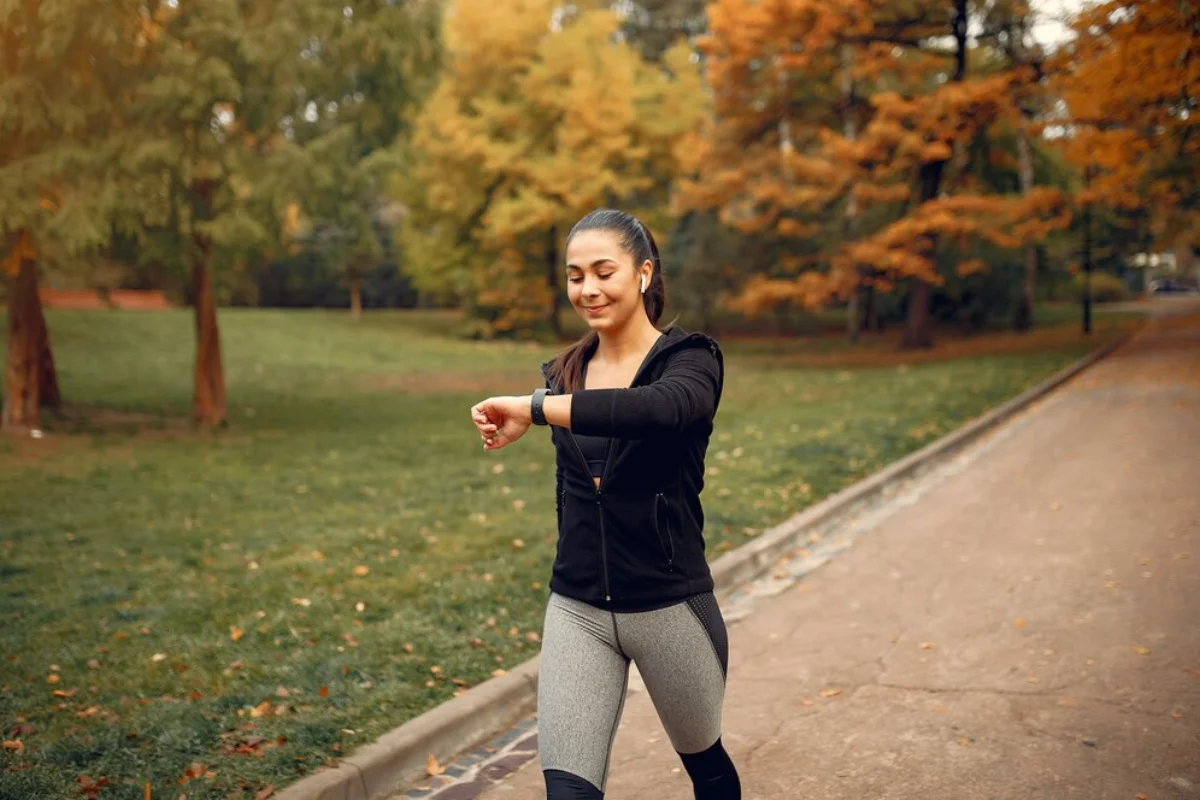
Morning Workouts vs. Evening Workouts: What’s Better?
A hot topic in fitness is when to work out. Should you rise early for a morning workout or wait until evening? This isn’t about personal preference; it’s about timing and how it affects fitness and performance. In this blog, we’ll look at the pros and cons of morning versus evening workouts. We’ll help you make a data-driven choice that fits your lifestyle and fitness goals.
Timing your workouts is the silent architect of your success. The clock matters whether you’re a fitness pro or just starting your journey. Morning or evening sessions can shape your energy, hormones, and mindset. Discovering the perks and pitfalls of each time slot lets you customise your routine. Tailor your workouts to harness maximum results and elevate your progress!

Key Benefits / Why It Matters
Whatever you choose, staying active is a key to a healthy life. Read below to pick the best time for you.
Morning Workouts: Starting Your Day Right
Morning workouts are your sunrise secret to energy and enthusiasm. They’re the perfect launchpad to kickstart your day with vigour. One major perk? A metabolism that revs up like a sports car. When you exercise early, your body becomes a calorie-burning powerhouse. This advantage is golden for anyone on a weight loss journey—or simply maintaining their hard-earned gains.
Moreover, morning workouts are like a mental sunrise, brightening clarity and focus. Endorphins dance through your system, lifting your mood and sharpening your mind. This ripple effect sets a vibrant tone for your day ahead. For many, such a start translates to soaring productivity and a brighter outlook.
Physically, morning workouts align with the body’s natural hormonal rhythms. Cortisol, the stress hormone, is naturally higher in the morning, aiding energy mobilisation and fat burning. This makes morning workouts particularly effective for optimising their fitness levels.
Evening Workouts: Unwinding and De-stressing
On the other hand, evening workouts offer a different set of advantages. For those who struggle with morning grogginess or have a hectic morning schedule, evening workouts provide a more feasible alternative. Exercising in the evening can relieve stress, helping to unwind after a long day.
Evening workouts can also benefit from increased muscle strength and flexibility. As the day progresses, the body temperature rises, enhancing muscle function and reducing the risk of injury. This makes evening workouts particularly appealing for strength training and high-intensity exercises.
Moreover, evening workouts can improve sleep quality. While it is a common misconception that exercising late can disrupt sleep, studies have shown that moderate evening exercise can promote more profound and restful sleep.

Step-by-Step Guide / Actionable Insights
Designing Your Ideal Morning Workout Routine
For morning warriors, crafting a routine is key to your success. Begin by establishing a wake-up time that harmonises with your internal clock. Next, unleash a dynamic warm-up to elevate your heart rate. This primes your muscles, gearing them up for the challenge ahead. Make each workout an adventure tailored to your lifestyle and fitness aspirations.
Focus on exercises that elevate your heart rate and engage multiple muscle groups. High-intensity interval training (HIIT) or a brisk jog can be excellent choices. Ensure you cool down effectively to prevent stiffness and promote recovery.
Crafting an Effective Evening Workout Plan
If you prefer evening workouts, schedule your sessions after work or dinner. Begin with a gentle warm-up to transition from the day’s activities into your workout. Incorporate resistance training exercises to maximise peak muscle strength.
Wrap up your session with soothing techniques like yoga or gentle stretching. These methods promote relaxation and help your body transition into dreamland. Be gentle with your intensity; strenuous workouts before bedtime can cause sleep to play hard to get.

Additional Expert Tips & Common Mistakes to Avoid
Regardless of your chosen workout timing, consistency is key. Establishing a routine helps your body adapt and optimise its response to exercise. Avoid the pitfall of skipping warm-ups or cool-downs, as these are crucial for injury prevention and recovery.
Stay hydrated and fuel your body appropriately. Morning exercisers might gain from a light snack before working out. Evening exercisers should eat balanced meals daily to keep their energy up.
Advanced Insights / Expert Recommendations
If you want to boost your fitness, try tracking your performance and energy levels at various times of the day. This can provide valuable insights into your body’s unique rhythms and help tailor your workout schedule.
Consulting with a fitness professional can also provide personalised guidance. They can assess your fitness goals, lifestyle, and preferences to recommend the ideal workout timing and regimen.
Final Thoughts: Choosing the Best Workout Time for You
There’s no universal answer to the age-old morning versus evening workouts debate. Your perfect workout time dances to the rhythm of your preferences and lifestyle. Each moment offers unique benefits and hurdles to navigate. You can craft a plan that fuels your fitness journey by weighing the pros and cons. Choose wisely to integrate your workout into your daily routine seamlessly.
Whether you rise early or unwind in the evening, the key is to remain consistent and listen to your body. Experiment with both timings to discover what works best for you. Remember, the most effective workout is the one you can maintain and enjoy.
What is your preferred workout timing, and how has it affected your fitness journey? Share your experiences and insights in the comments below!


